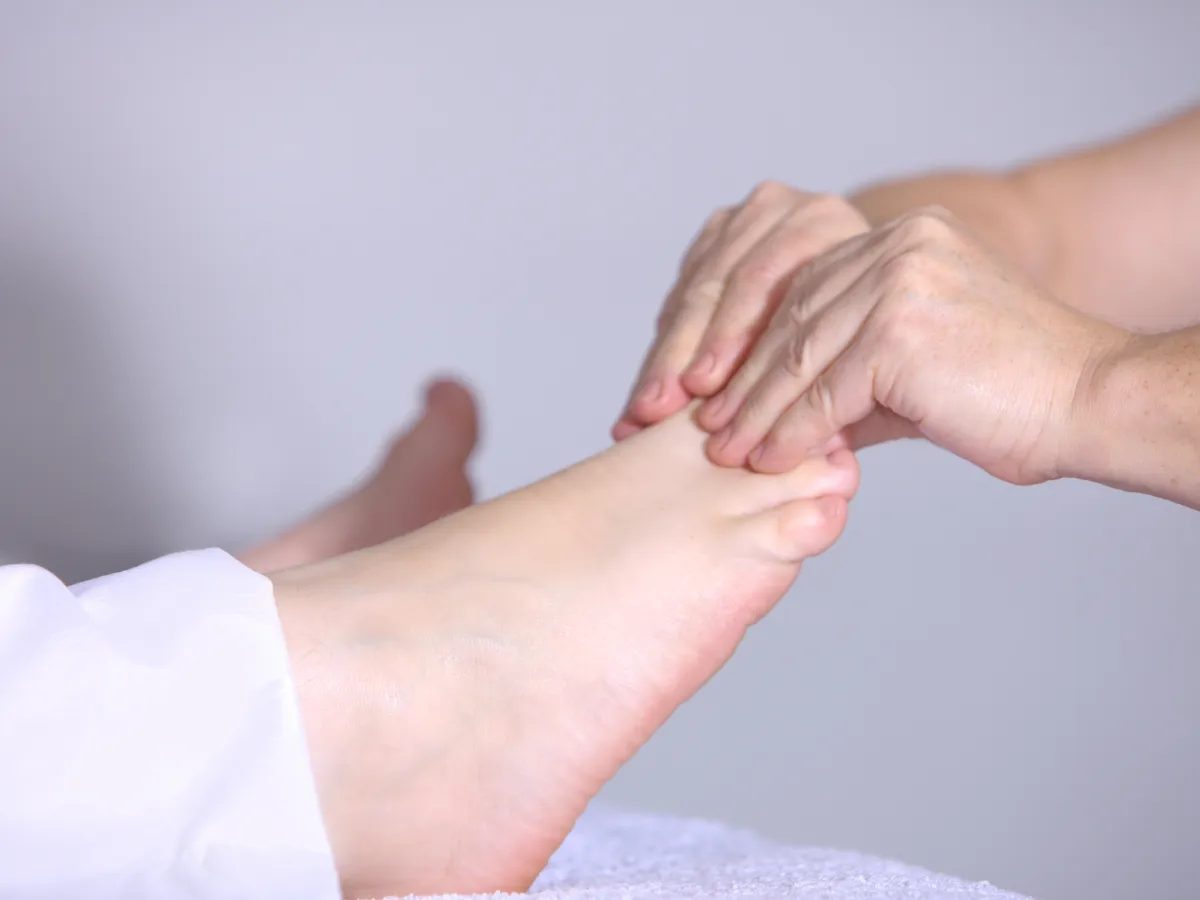After any surgical procedure, a patient’s journey to full recovery involves more than just healing the surgical site. Post-surgical rehabilitation, especially physiotherapy, plays a crucial role in helping individuals regain their strength, mobility, and quality of life. Physiotherapy following surgery isn’t just about physical recovery; it can also aid in pain management, reduce the risk of complications, and support mental well-being. Here, we’ll explore why post-surgical rehabilitation through physiotherapy is essential and how it can make a significant difference in recovery.
1. Promotes Faster Recovery
Physiotherapy is one of the most effective ways to accelerate recovery post-surgery. Guided exercises improve blood circulation, which promotes faster healing of tissues around the surgical site. Many patients worry about moving too soon after surgery; however, early, guided movement (under the supervision of a trained physiotherapist) can actually be beneficial and can prevent stiffness and muscle wasting that may occur from prolonged inactivity. By following a structured physiotherapy program, patients can regain their range of motion more quickly, which translates into a smoother recovery journey.
2. Reduces Pain and Reliance on Pain Medication
Post-operative pain is a major challenge for many recovering patients. While pain medication can provide temporary relief, it often comes with side effects, and over-reliance on these medications can be harmful in the long term. Physiotherapy provides a natural approach to managing pain through techniques such as manual therapy, stretching, strengthening exercises, and modalities like ultrasound or electrical stimulation. These methods help reduce pain at the source by relieving muscle tension, improving circulation, and promoting natural healing. With physiotherapy, many patients find they can reduce or even eliminate the need for pain medications over time.
3. Prevents Scar Tissue and Improves Flexibility
When tissues heal post-surgery, scar tissue naturally forms. However, excessive scar tissue can restrict movement and cause discomfort. Physiotherapy helps reduce the formation of scar tissue by encouraging regular, controlled movement. Stretching and specific exercises prescribed by physiotherapists are designed to target affected areas, helping to keep them flexible and functional. By actively working on these areas, patients are less likely to experience stiffness and limited movement, which could otherwise lead to long-term complications or the need for additional surgery.
4. Builds Strength and Restores Mobility
Surgery often results in the loss of muscle strength and range of motion in the affected area. This is particularly true for surgeries involving major joints, such as knee or shoulder replacements, as well as spinal surgeries. Through tailored strengthening exercises, physiotherapists help patients gradually rebuild their strength. Restoring muscle strength not only enables patients to resume daily activities more comfortably but also protects them from re-injury. With the right physiotherapy plan, patients can regain normal movement, flexibility, and coordination, empowering them to return to their routine and active lifestyles sooner.
5. Reduces the Risk of Complications
After surgery, the risk of complications such as blood clots, infections, or pneumonia is higher, especially if the patient remains immobile for long periods. Physiotherapy can mitigate these risks by keeping the body active in a safe and controlled way. For example, simple leg exercises can promote blood flow, reducing the risk of clots. Breathing exercises, which are often part of a post-surgical physiotherapy regimen, can also help prevent respiratory issues. By engaging in guided physical activity, patients significantly lower their chances of these and other post-surgical complications.
6. Supports Mental Well-Being
The road to recovery can be daunting and, at times, emotionally challenging. The limitations imposed by surgery, paired with potential discomfort, can contribute to feelings of frustration or even depression. Physiotherapy provides a structured plan for recovery, giving patients a sense of control and progress. The act of moving, even in small ways, can release endorphins, which improve mood and overall well-being. Additionally, having a physiotherapist as a source of support and guidance can be mentally reassuring, as patients know they have a professional helping them reach their recovery milestones.
7. Creates Lasting Lifestyle Changes
Physiotherapy not only aids in immediate post-surgical recovery but also equips patients with long-term tools for health and mobility. Through rehabilitation, patients learn exercises and techniques to maintain their strength, flexibility, and balance even after they’ve healed from surgery. These habits can prevent future injuries and foster a lifestyle that supports joint health and physical wellness. Many patients find that their experience with post-surgical rehab encourages them to stay more active, benefiting their overall health beyond the surgical recovery period.

0 Comments